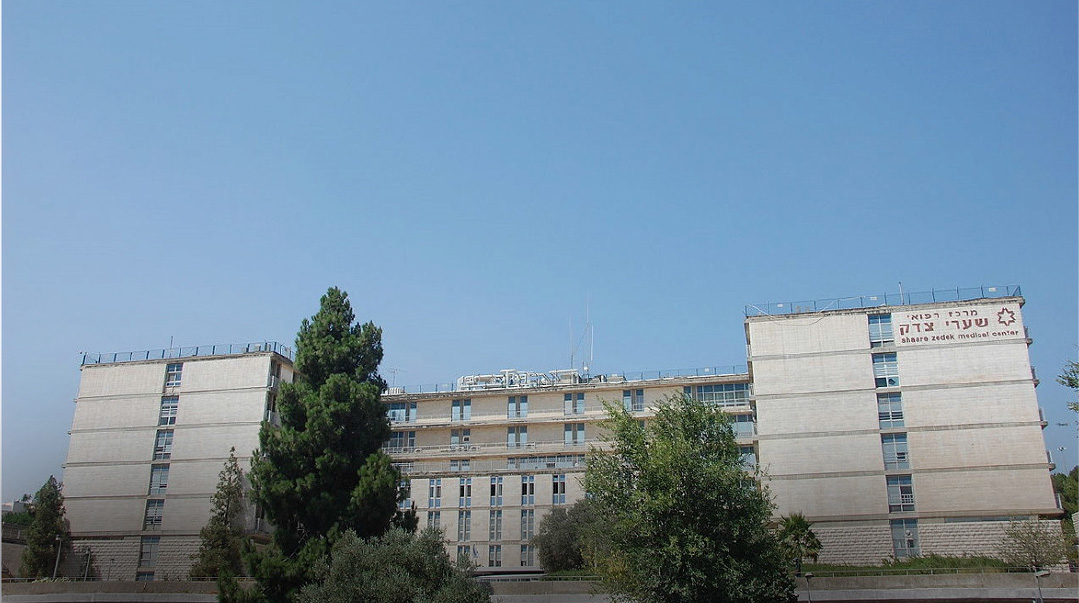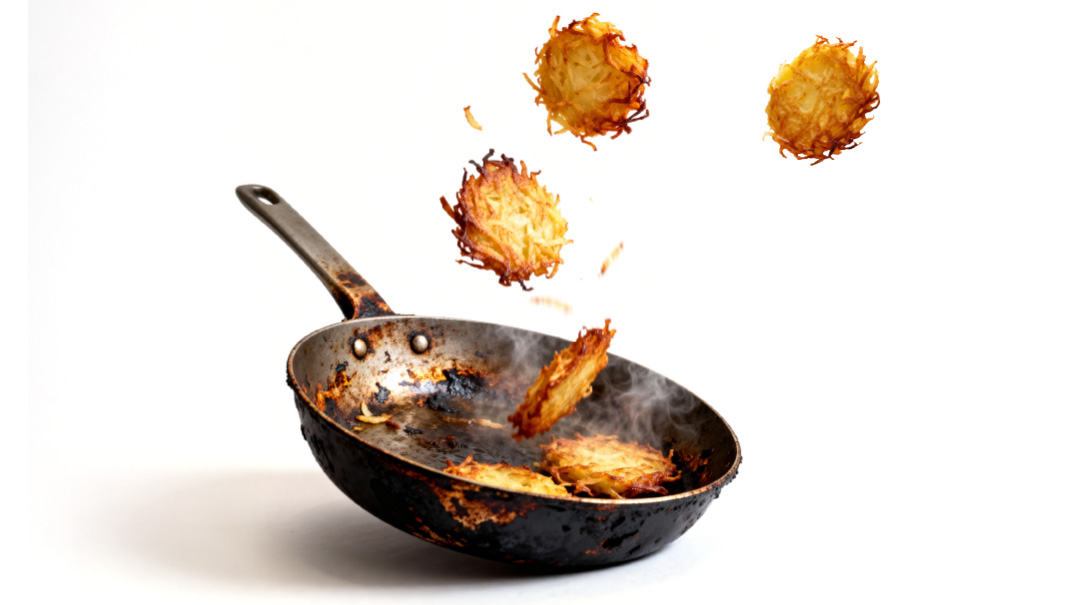Gates Of Righteousness

This earnest student was getting more than he had bargained for

As my father and I made our way over to the hospital one morning, I mused over its surprising but optimistic name: Shaare Zedek. The gates of righteousness. Do all the patients and staff sport halos? I wondered with a chuckle. Are they required to present a character reference from their local rabbi? Are they tested for proficiency in good deeds and honesty?
A history buff, I know that the hospital was named for the old Jerusalem neighborhood in which it was built in 1902. The name of the neighborhood itself was taken from Tehillim: “Open for me the gates of righteousness.” Most commentators agree this is a reference to the gates of the Beis Hamikdash.
But early that bright and fresh April morning, I put history aside to study the printed form that informed my 84-year-old father exactly where in the labyrinth of corridors he needed to appear at precisely 8 a.m.
I could sing praises about Shaare Zedek Medical Center, the place where nearly all my children and grandchildren made their entry into the world. That busy morning, the nurses asked whether my father was fasting, cheerfully weighed him, and filled out paperwork, then gave him an open-ended nightgown and instructions to wait patiently until called.
My father is a naturally inquisitive man who has always risen to challenges. As a five-year-old child in Kelm, he rose to the challenge of reciting Kaddish for his father. Soon after, he rose to the intellectual challenge of a daf Gemara in the Telshe Yeshivah and later in the Mir.
How many daily challenges did he meet during the war, a lone Jew in Siberia’s work camps? How did he succeed in stoically facing the reality of the murder of his family, despite the nightmares that haunted him? A new world, a new language, a new livelihood, a new family — the only reality that remained familiar was his daf Gemara.
Here in the waiting room, he pulled out his Gemara and prepared to learn until his name was called. I wished I had something that could engross me, enrapture me, as the Gemara did him. He sat completely oblivious to the tumult, not straining as I did to hear if our name was being called, not fidgeting with his medical papers, not leafing through the stacks of coverless magazines, not listening to the beckoning of his stomach protesting its missed breakfast.
He passed the examination with flying colors. When the light anesthesia wore off, my father asked the same questions that most humans from 9 to 90 pose post-surgery: Where am I? Am I before or after? His wrinkled face broke into a smile when the doctor told him they’d found nothing suspicious.
My father was too groggy to take out his Gemara, so when an eager young American medical researcher approached us and asked if my father would answer a series of questions for a study, he readily agreed — my father particularly enjoyed helping Jews of the younger generation.
The young scientist had approached my father since he was researching genetic illnesses in Ashkenazic Jews. But he hit a stumbling block with just the second question: “When were you born?”
My father looked to me for an answer. “Should I give him the date listed on my American passport, which was copied from my forged Polish passport, or should I give him the date I think is more accurate, but that I’m not absolutely sure of?
“You see, the registrar in our town reported the births to the officials in the capital only every few months, so I am not sure of its accuracy.” We ended up giving him the American passport date, simply because the young man was American.
Questions about his family followed.
“Rabbi, did your father suffer from any illnesses?” My father didn’t know the answer. My grandfather had been killed by Russian peasant-soldiers when my father was only five.
“Rabbi,” the ardent researcher continued solemnly, “did your mother suffer from any illnesses?” My father didn’t know. In the heim, parents did not discuss such issues openly with their children.
“Well, do you remember what she died of?” he asked hopefully.
“She was murdered by the Nazis and their Lithuanian collaborators.” My father sighed deeply but didn’t falter. “Together with the rest of the women of Kelm on the 29th of Av, 1941. They are all buried together in a mass grave. A few years ago I traveled to Kelm and said Kaddish at the grave.” Another sigh.
This earnest student was getting more than he had bargained for.
“Rabbi, don’t you have any siblings whose medical history you can recall?”
“I had one sister. Only one. She was interred in the Kovno Ghetto until 1944 when, in anticipation of the Russian and Allied invasion, the Germans demolished the ghetto and took the emaciated survivors on a death march. She died.”
The student rose up wearily from his chair, stared at the empty blanks on the questionnaire, and clapped his notebook shut.
“I’m sorry I wasn’t very helpful to you,” my father apologized.
“I’m sorry too, Rabbi.”
“And I am also sorry,” I screamed silently as we left the Gates of Righteousness.
(Originally featured in Family First, Issue 701)
Oops! We could not locate your form.













